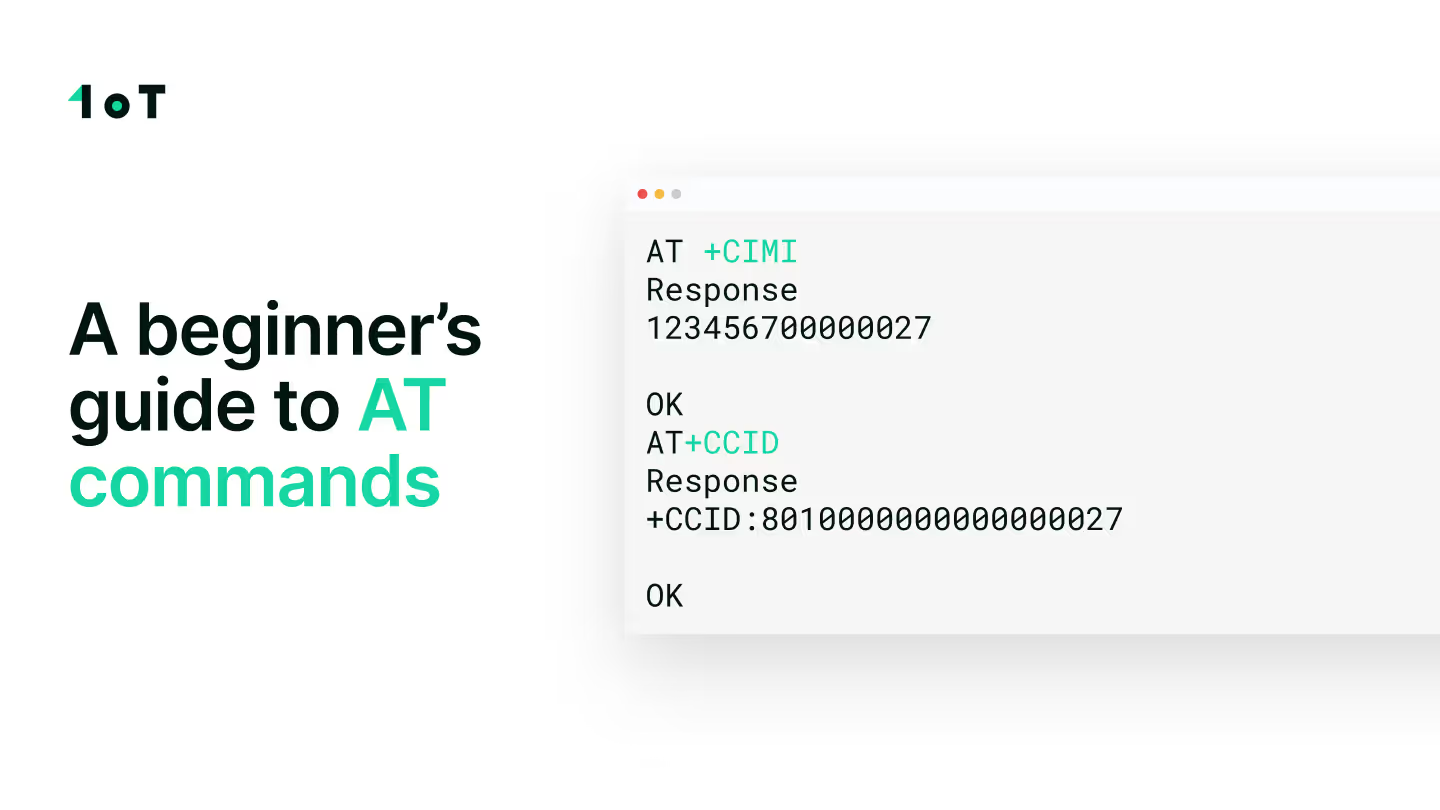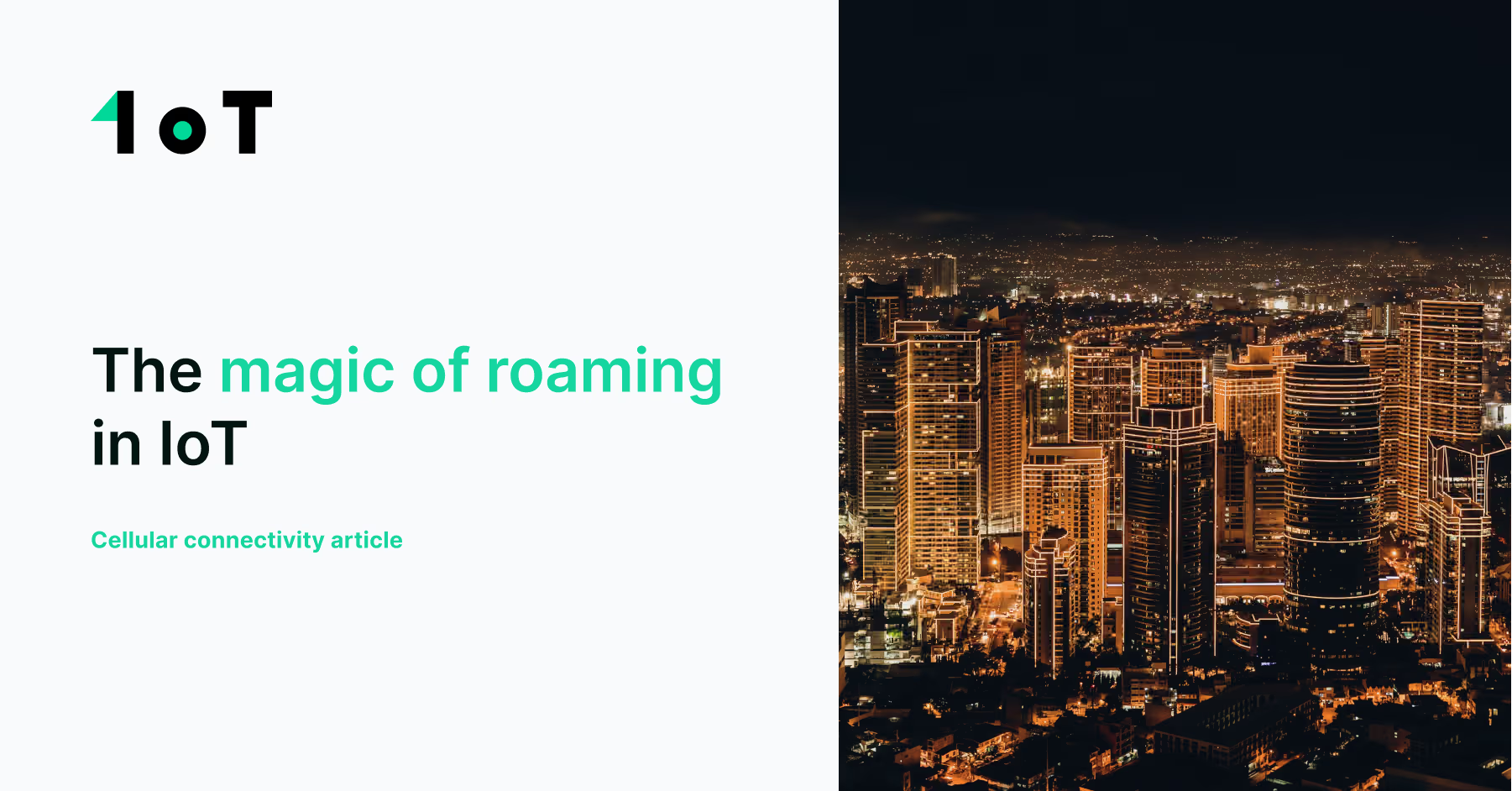How to get started with IoT connectivity in the United Arab Emirates?

The Internet of things has been part of the United Arab Emirates' everyday life for a while and the spirit of "everything connected" is present in most aspects of life. Especially in Dubai — the heart of IoT growth.
The International Data Corporation (IDC) reports an immense market growth in the Middle East and Africa, estimating $6.6 billion by the end of 2020.
But what is so special about IoT in UAE?
What’s behind the IoT revolution in the UAE?
The answer to the uniqueness of IoT in UAE is simple — Vision 2021. The National Agenda focused on sustainable development and protecting the environment to achieve economic and social development balance.
The UAE government is also holding many Smart City conferences that bring bright minds together from around the world to boost IoT implementation.
The most prominent "smart" Emirate in the UAE is Dubai. Within its IoT Strategy, the government of Dubai has three focus markets for the smart device implementation:
- Smart Life - health, education, transport, public utilities, etc.;
- Smart Economy - smart post services, smart stick exchanges, etc.;
- Smart Tourism - different hotel and smart recreational services;
One of the fastest-growing IoT sectors in the UAE is fleet management, centered around GPS tracking and transport. Especially in Dubai, which is ahead of everybody, with an integrated transport system. Also, electricity and water supply companies have commenced five-year projects to install 250,000 smart meters across the Emirate.
Overall, Frost & Sullivan forecasts over four billion connected devices in the Middle East and North Africa region by 2020.
The pressure of demand has put many telecom service providers at a disadvantage since they can't keep up with the quickly changing pace. So, quick and flexible IoT connectivity upstarts, like 1oT, play a crucial role in expansion to the UAE.
For example, 1oT can offer an eSIM with flexible data packages without complicated contracts and commitments. And as we have supported many companies with their deployments in the UAE, we have experience in overcoming the main challenges of deploying IoT devices there.
What are the special rules for IoT companies?
The United Arab Emirates has strict laws for IoT deployments that need to be followed to keep devices connected and working.
According to the IoT Framework, a company must establish a presence in the UAE (onshore or in other free zones) before they start deployments in the UAE. Or appoint an official representative, who is the contact person between the Telecommunications Regulatory Authority (TRA) and the company. But the contact person must be based in the UAE.
Other important laws:
- Registration — All IoT Service Providers must register with the TRA to receive an IoT Service Registration Certificate before providing any service.
- Data protection — The IoT Framework contains terms and concepts drawn from international data protection practices and principles. Including the EU General Data Protection Regulation (GDPR).
Also, not all SIM types are accepted in the UAE. Traditional SIMs (UICC) and eSIMs (eUICC) are allowed. But the soft SIM services need to be approved by the TRA.
There are no direct roaming restrictions, at the time of writing, at the national level, and none are marked in the IoT Framework. However, the TRA claims that new laws about roaming devices are underway.
Despite these regulations, the IoT market in the UAE holds great potential and opportunities for growth.
And 1oT is ready to support your expansion with a great offer and market competences. Email us at sales@1oT.com to discuss opportunities in the region.















.avif)















.avif)























































